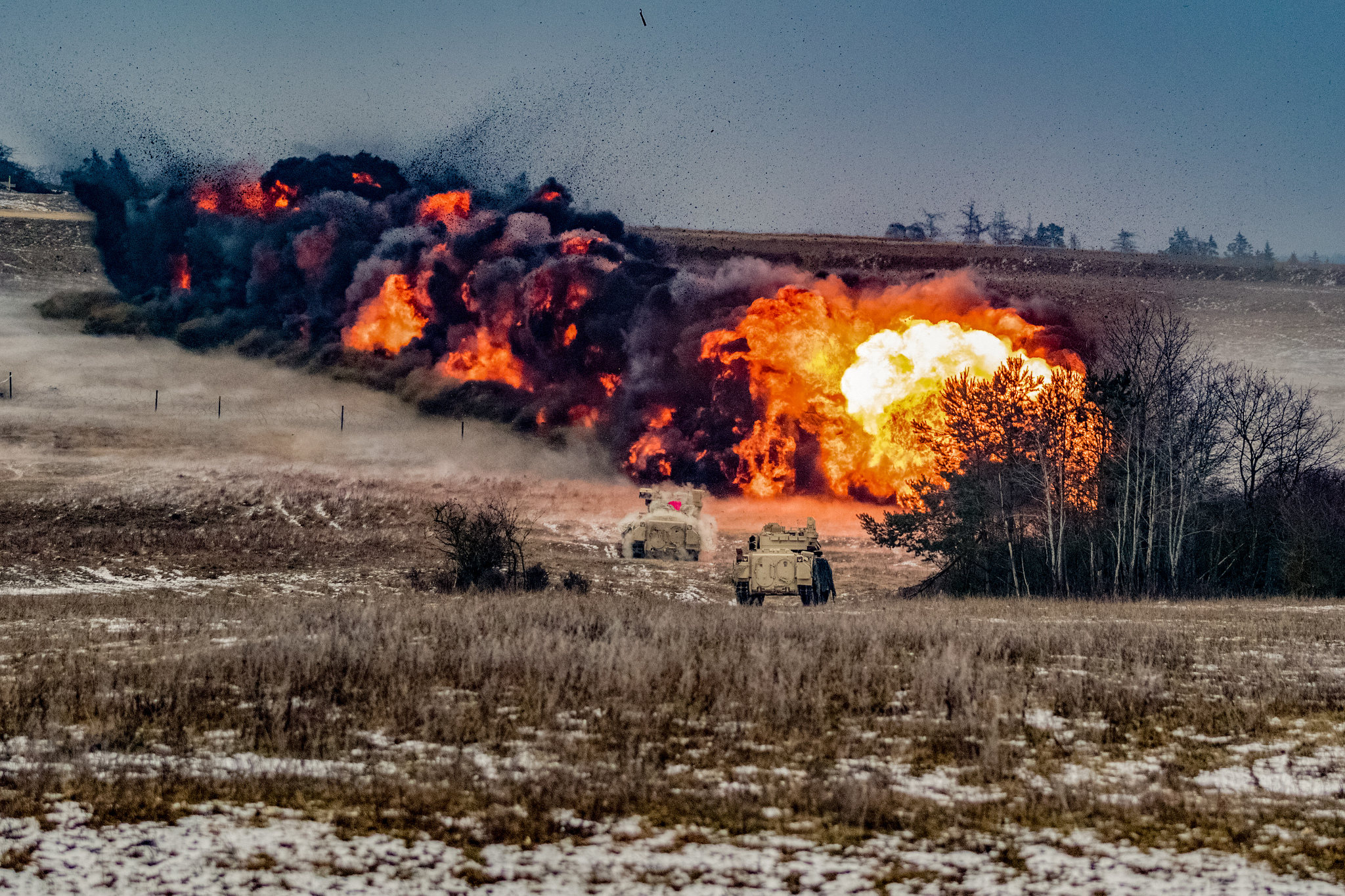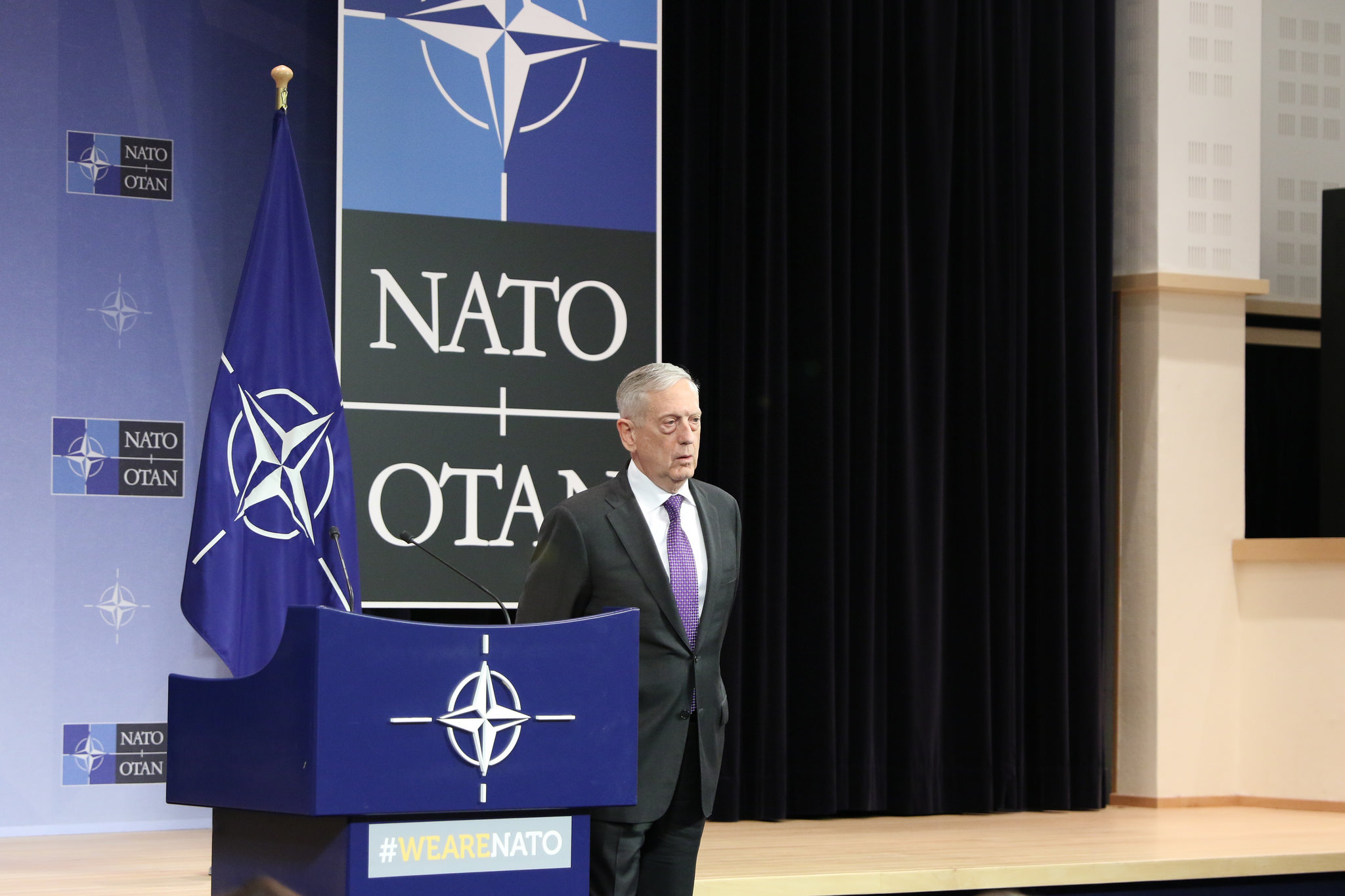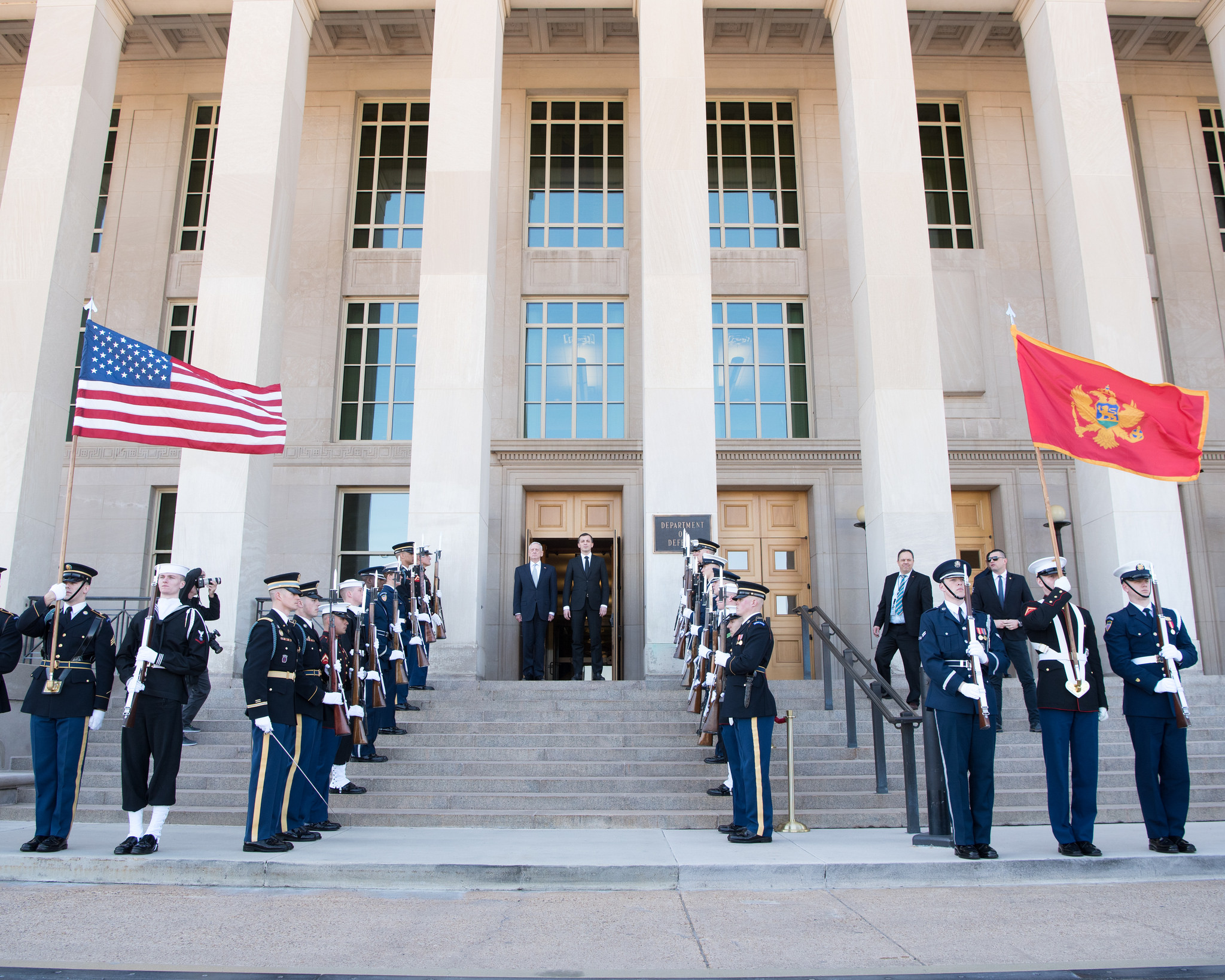No Good, Very Bad Ideas in National Security
Bad ideas. How much trouble do they cause in national security? How do they disrupt or hinder the protection and advancement of American interests? Listen to the War on the Rocks podcast featuring authors from the Defense360 “Bad Ideas in National Security” series.










